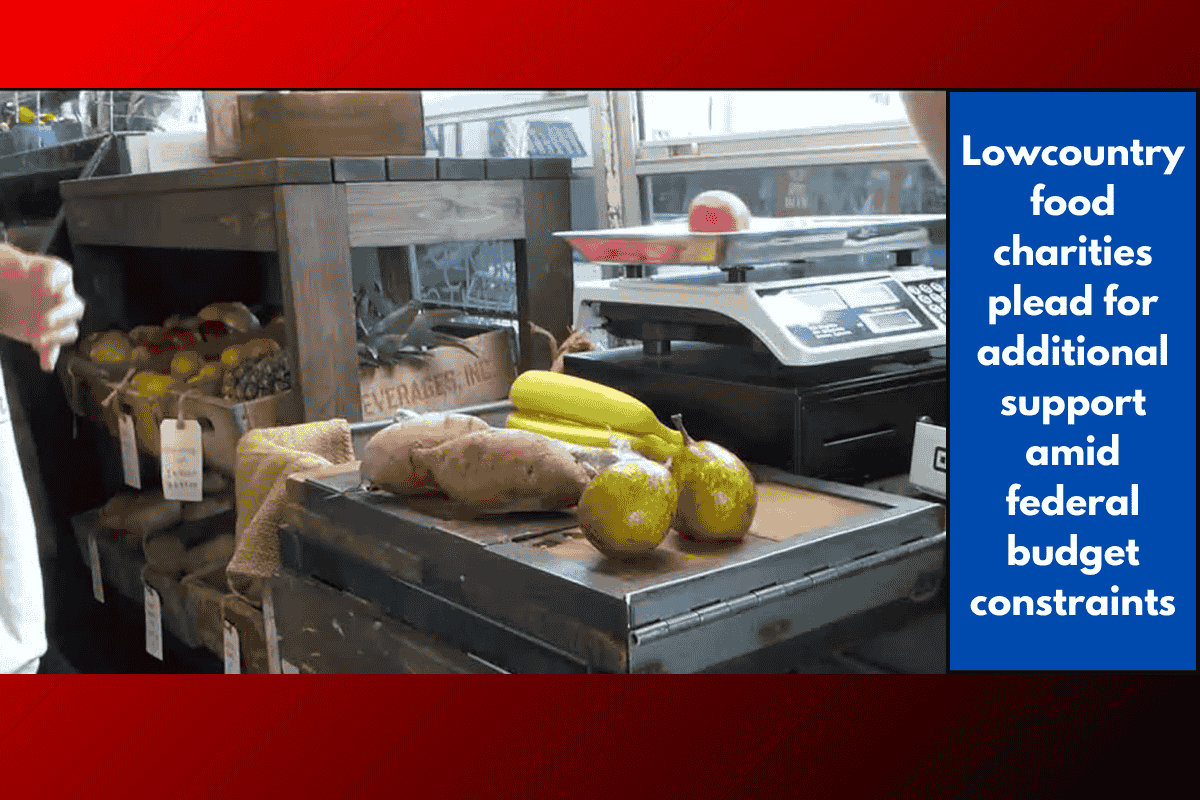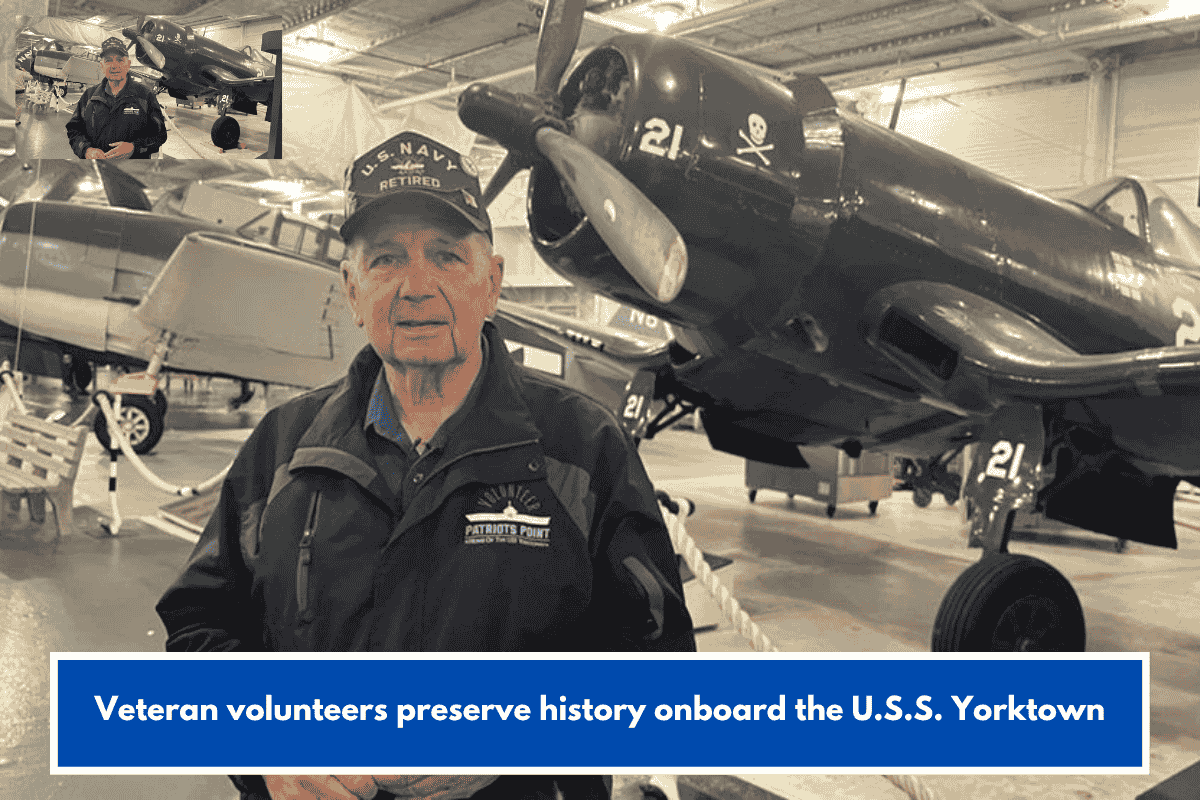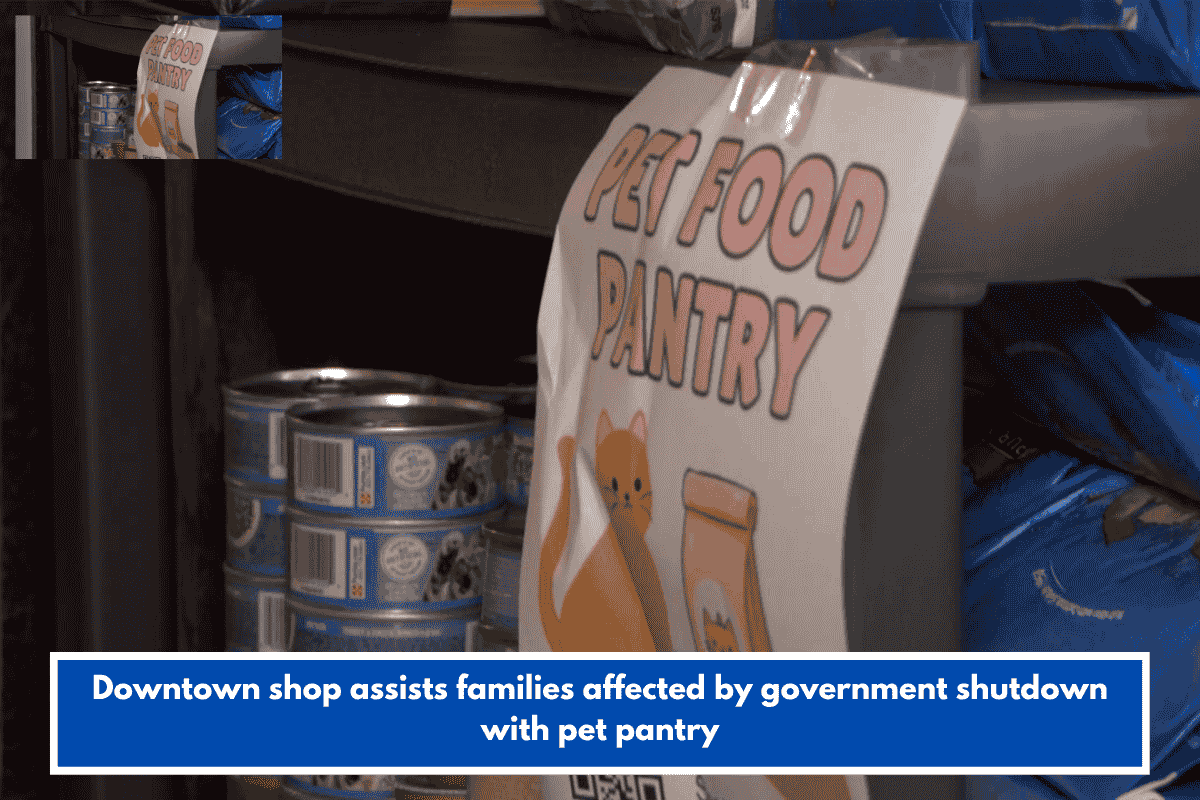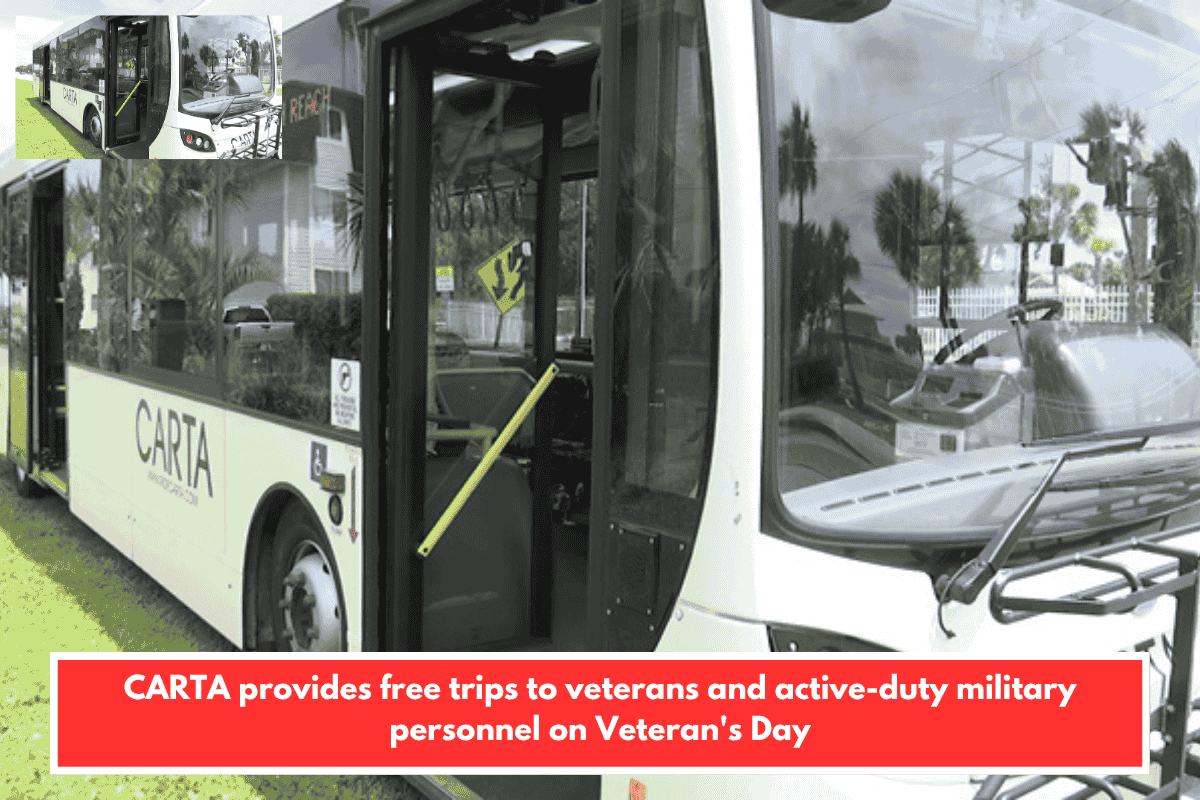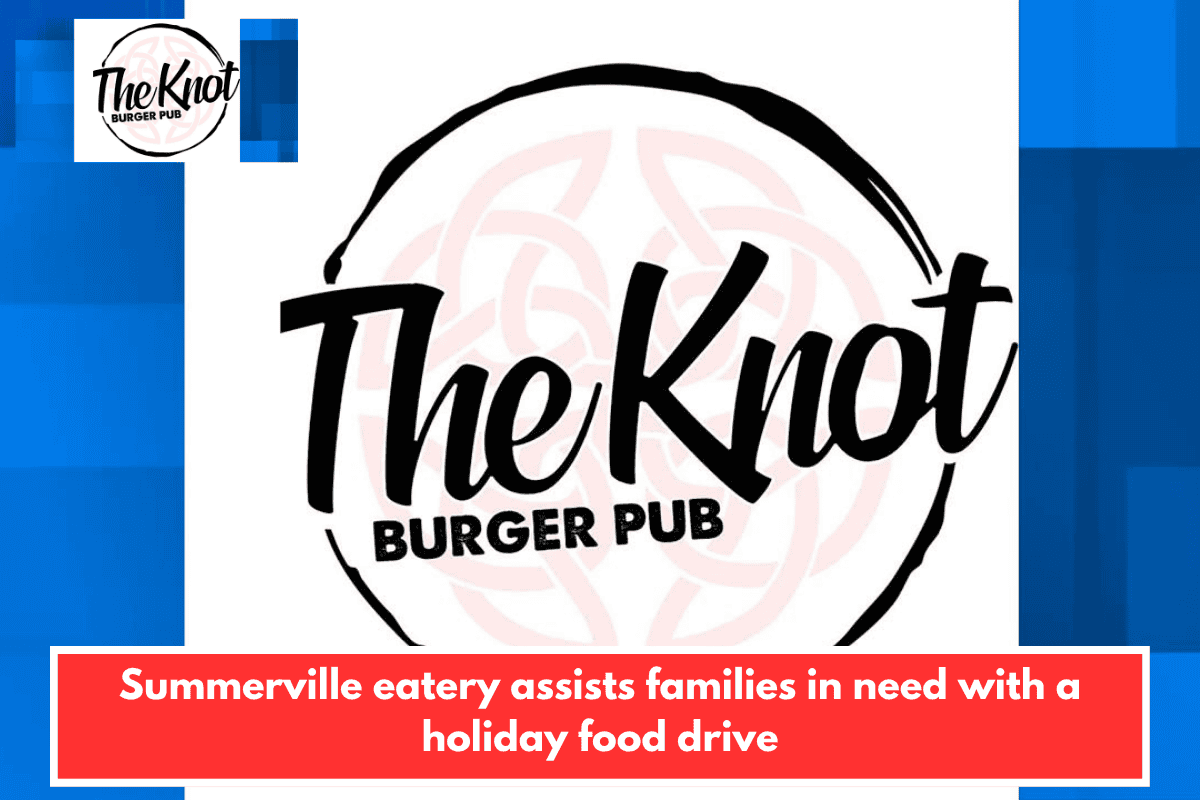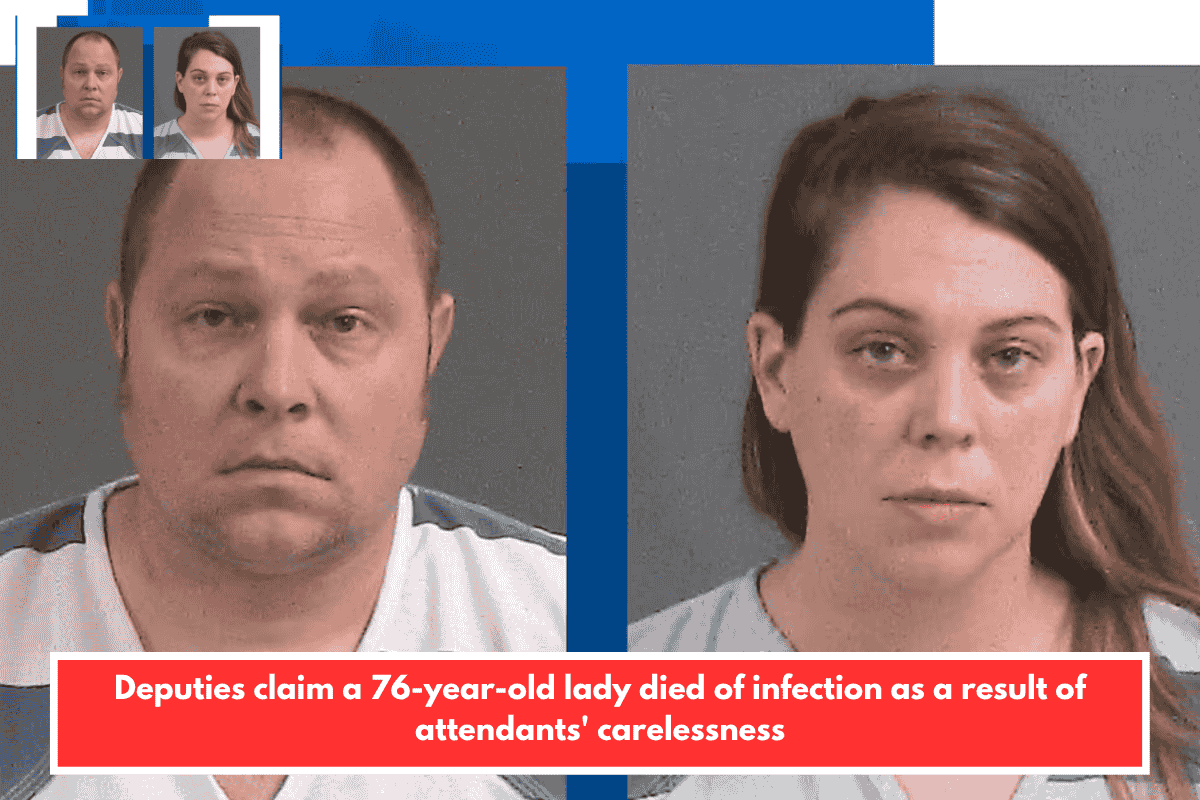CHARLESTON, S.C. – Local food relief organizations in the Lowcountry are grappling with significant challenges as federal budget cuts and changes to the Supplemental Nutrition Assistance Program (SNAP) impact their ability to serve residents in need. The Lowcountry Food Bank and Lowcountry Street Grocery are two organizations at the forefront of these efforts, but they are being forced to adapt to limited resources while still prioritizing the mission of providing food to those in need.
“Our mission is to really unite the community in the ability to provide consistent, dignified access to nutritious food,” said Brenda Shaw, Chief Development Officer of the Lowcountry Food Bank. “We anticipate a huge increase in need as we move forward.”
Federal Cuts Have Far-Reaching Consequences
The recent cuts to the U.S. Department of Agriculture’s budget have eliminated critical funding that allowed food banks to purchase fresh food directly from local farmers. A significant $1 billion reduction included the cancellation of $420 million in funding for the Local Food Purchase Assistance Cooperative Agreement, a vital program for food banks across the nation. As a result, many local organizations are seeing a reduction in available resources for food distribution.
“The impact is real,” Shaw said. “We’re seeing food insecurity rates at a 20-year high, especially as the SNAP benefit cuts go into effect.”
SNAP Benefit Cuts Create Additional Barriers
The federal budget cuts are also affecting SNAP, with experts estimating that up to 500,000 South Carolina residents are at risk of losing their benefits. Over the next decade, SNAP funding will be reduced by approximately $186 billion, leaving many families struggling to meet their basic nutritional needs.
Lindsey Barrow Jr., founder of Lowcountry Street Grocery, shared that while the organization often sees 250 SNAP users monthly, the number of transactions has decreased in recent years. He attributes this drop to complications in the application process, which has become increasingly difficult due to federal changes.
“We’re coming up against some interesting issues in terms of the processing and applications required for SNAP and EBT processing,” Barrow Jr. said. “There’s a lot of chaos and very little information from the federal government, so it’s been tricky for us.”
Potential SNAP Limitations
South Carolinians who rely on SNAP could face further challenges, as Governor Henry McMaster recently announced an executive order to place “common-sense limits” on SNAP purchases. This has raised concerns among food relief organizations about the long-term impact on their clients, who already struggle with food insecurity.
Seeking Alternative Funding Sources
In response to the cuts and potential SNAP limitations, the Lowcountry Food Bank is actively seeking alternative funding sources. The organization has recently received support from Norfolk Southern to help with food distribution and has applied for a City of Charleston community grant. However, the ongoing changes create a significant strain on the fundraising team.
“We’re looking very specifically at what we are going to lose and the impact it will have if we don’t replace those funds with private funds,” Shaw said. “It’s definitely a strain on our fundraising team.”
The Importance of Healthy Bucks and Food Access
The Healthy Bucks program in South Carolina allows SNAP recipients to receive $15 in tokens for fresh produce when they spend $5 at participating vendors. Lowcountry Street Grocery, which serves low-income and food-insecure areas, is the only vendor in the region offering Healthy Bucks. Barrow Jr. emphasized that these programs are crucial for addressing both food insecurity and the lack of access to healthy food.
“Ninety percent of folks on SNAP EBT or who qualify are experiencing the lack of healthy food access and food insecurity,” Barrow Jr. said. “Those two issues are really what’s at stake here.”
The Road Ahead
Both the Lowcountry Food Bank and Lowcountry Street Grocery remain committed to serving the Lowcountry community, despite the challenges presented by federal cuts. They believe it is essential to continue providing effective programs like SNAP and Healthy Bucks, which have demonstrated tangible results in addressing food insecurity.
“It’s not about taking away things that aren’t working,” Barrow Jr. said. “SNAP EBT is working. Healthy Bucks is working. We have all the data to prove it. Taking these programs away would be the opposite of what we need right now.”
For these organizations, the need for community support has never been greater.

